1.2 million foreign patients treated in Iranian hospitals: Health minister
Iran’s Health Minister Bahram Einollahi says the country has made remarkable progress in the health sector since the 1979 Islamic Revolution, adding that more than 1.2 million foreign patients were treated in Iranian hospitals last year.
“Today, the Islamic Republic of Iran is one of the best countries in the field of health, not only in the region but also in the world,” Einollahi said in a meeting of the chief representatives of the Islamic Republic of Iran abroad on Sunday.
Pointing to a study of 7,000 foreign students in the field of health in Iran, Einollahi said, “Last year, we treated more than 1,200,000 foreign patients in the country's hospitals, most of them from Afghanistan, Iraq, Azerbaijan, Pakistan, Turkey, India, Armenia, Turkmenistan, Lebanon and Tajikistan.”
The Iranian minister touched upon the development of health tourism in the country. “The fields of gynecology and obstetrics, eye surgery, orthopedics, cosmetic surgery, cardiovascular diseases, urology, unnecessary medical treatments, general surgery, cancers and trauma are the most common diseases that encourage health tourists to visit Iran.”
Einollahi said health tourists acknowledge that Iranian doctors are highly skilled and competent.
“Low cost and high quality of treatment with the use of modern technologies, new treatment methods, cultural and historical commonalities, easy access and tourist attractions are the factors among tourists in choosing Iran to receive medical services.”
Pointing to the necessity of creating a “safe corridor” for the transfer of foreign patients to Iran, Einollahi said 233 Iranian medical centers have received international accreditation certificates for medical tourism, a figure that is expandable.
The Islamic Republic, Einollahi said, won the first scientific rank in West Asian in 2022. “Iran's global rank in terms of medical science is 15th, and our 40 universities have the quality of internationalization in medical education.”
The Iranian minister said, “Today, the Islamic Republic of Iran not only has hard power, but our soft power is a great capacity that must be diligently heeded, and the use of this capacity is possible and a breakthrough in health diplomacy.”
Einollahi pointed to the formation of G5 with the presence of Iran, Afghanistan, Iraq, Pakistan and the World Health Organization. “The group was launched with the aim of regional cooperation in the field of health.”
Referring to Iran’s establishment of Al-Sibtain International University for Medical Sciences in Iraq, Einollahi said the move was one of the examples of the Islamic Republic’s soft power and expressed Tehran’s readiness to establish universities in other countries as well.
Iran has made significant progress in the field of medicine over the years, particularly in the areas of manufacturing pharmaceuticals and medical equipment as well as training physicians and surgeons at state-of-the-art medical centers across the country.
The progress was evident when Iranian scientists developed a number of vaccines for COVID-19 as well as other equipment such as ventilators and testing kits at the height of the pandemic amid restrictions on importing them from overseas.
The United States, under then President Donald Trump, reinstated crippling sanctions on Iran after unilaterally walking out of the 2015 nuclear deal in May 2018, despite Iran's full compliance with the terms of the agreement. The sanctions have been choking up the financial channels necessary for Iran to acquire essential medicine, material, or medical equipment.
Although Washington and its Western allies claim humanitarian goods are exempted from sanctions, tens of thousands of patients in Iran have over the years died or developed critical ailments due to the non-availability of some essential drugs.
The blanket ban on banking transactions involving Iran have made it impossible for the country to access life-saving medicine and medical equipment.
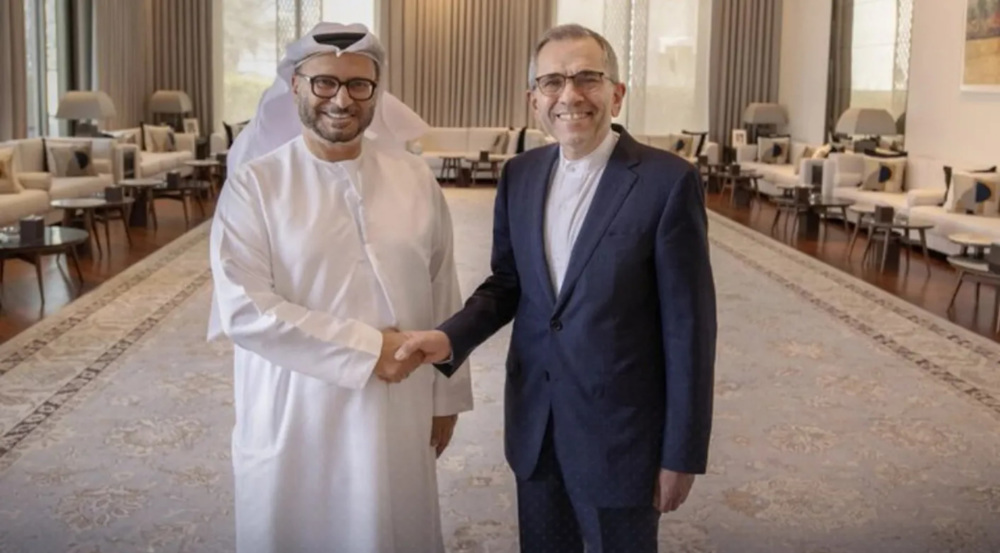
Neighbors have ‘special place’ in Iran’s foreign policy: Deputy FM
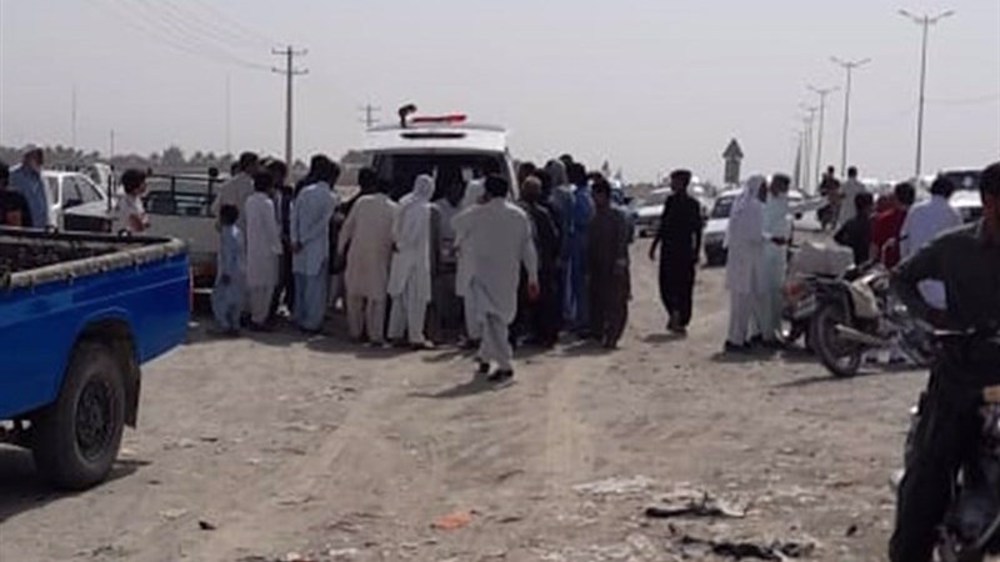
Two Basij forces killed in terrorist attack in southeastern Iran
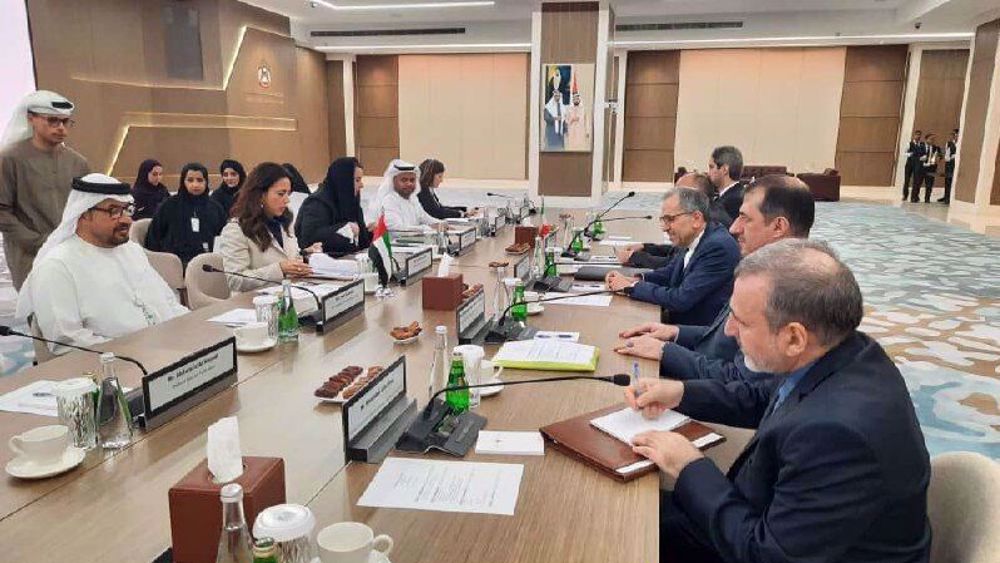
Iran ready to strengthen ties with UAE based on ‘mutual interests’: Deputy FM
Iran president congratulates Muslim leaders on holy month of Ramadan
Hundreds of Israeli settlers storm Al-Aqsa Mosque compound: Report
Iran Parliament dismisses economy minister over economic mismanagement
Unprecedented: US rights group drags Biden, Blinken to ICC over Gaza genocide
Kremlin: Macron talks of contacting Putin, but no real steps taken
Hamas decries as ‘war crime’ Israeli suspension of humanitarian aid to Gaza
Israeli cabinet allows military to call up 400,000 reservists
Iran as hub of technical and engineering services


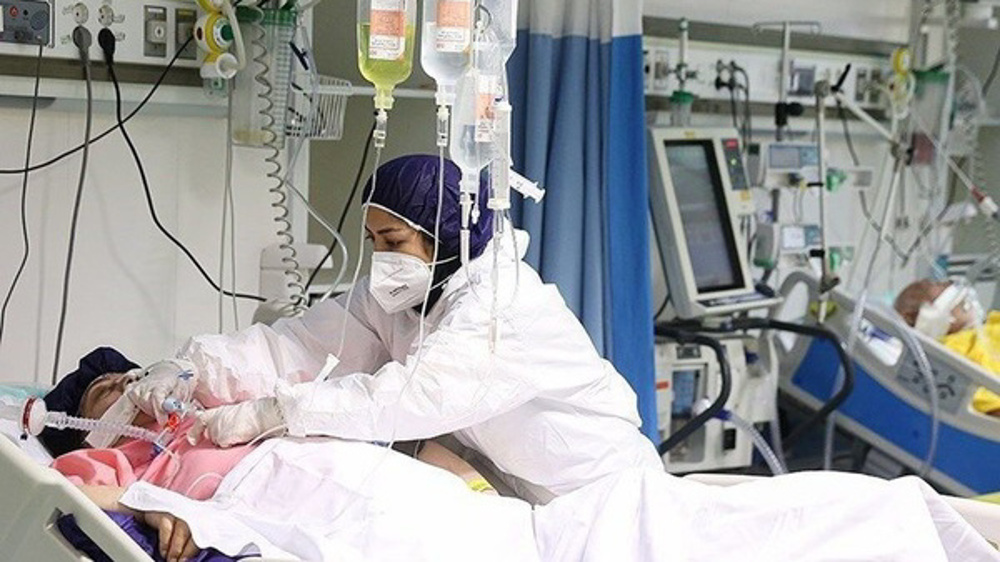
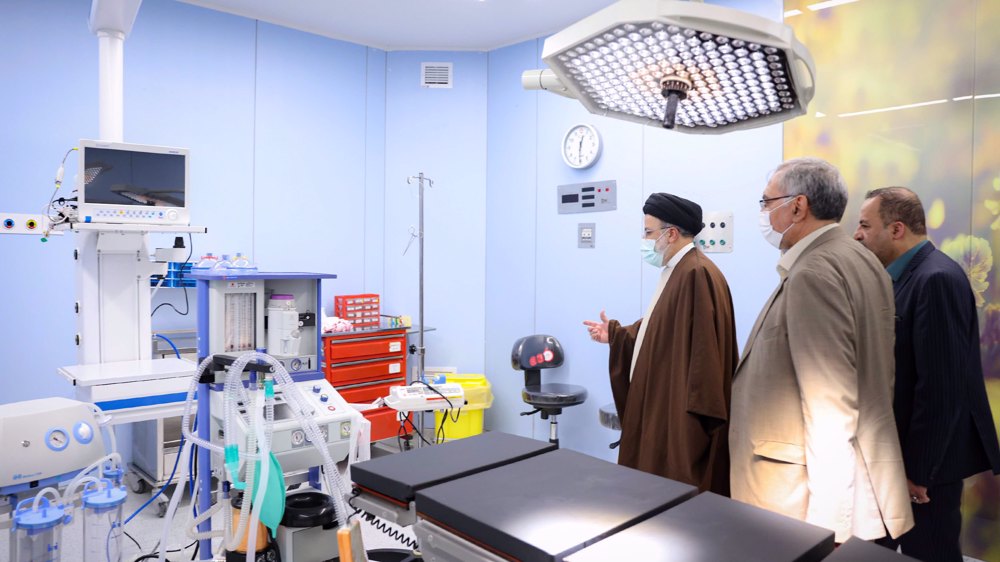
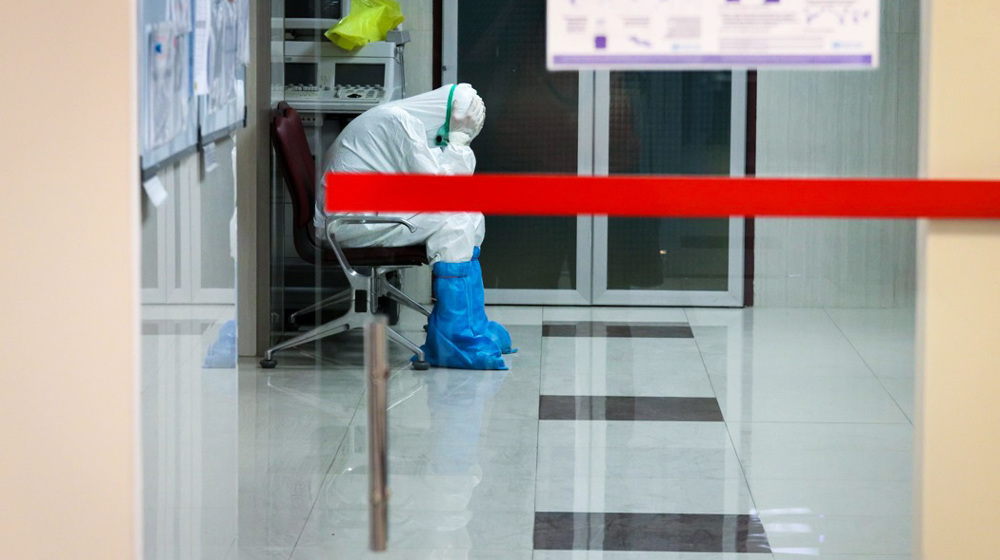




 This makes it easy to access the Press TV website
This makes it easy to access the Press TV website